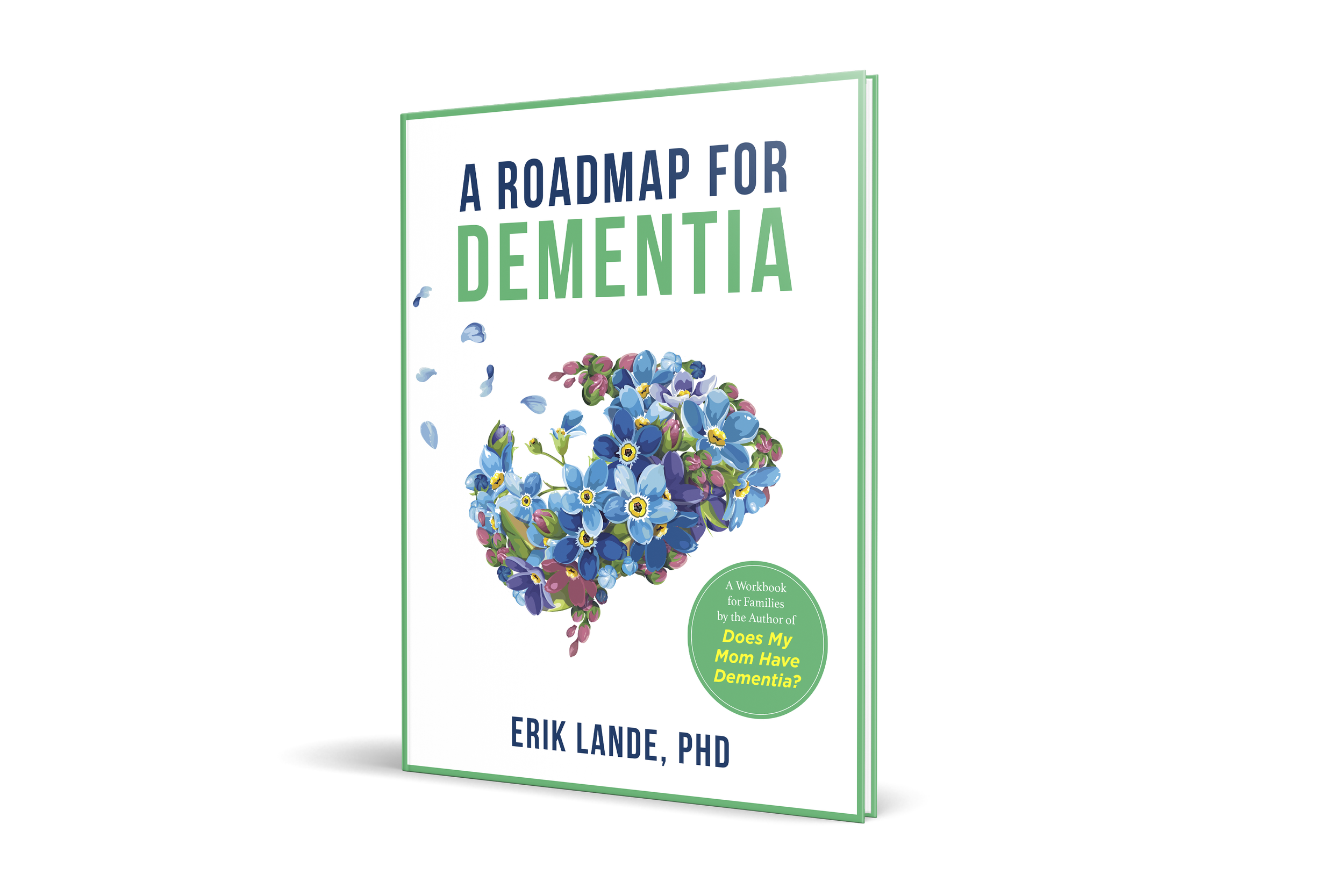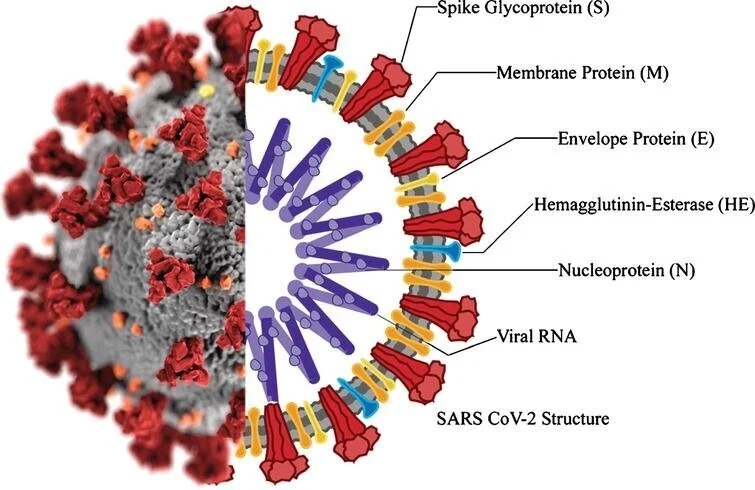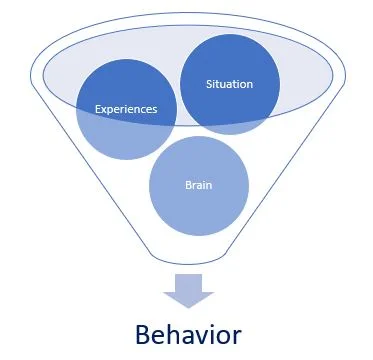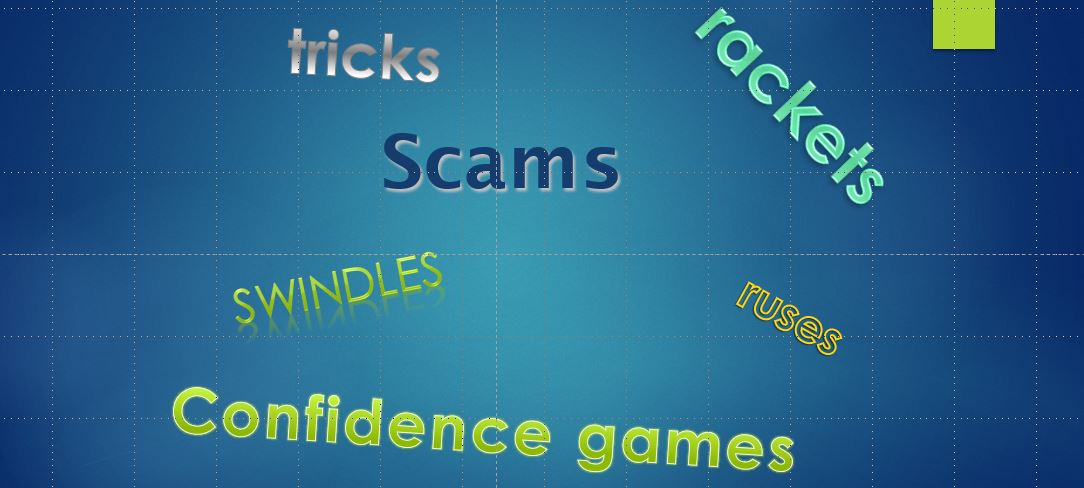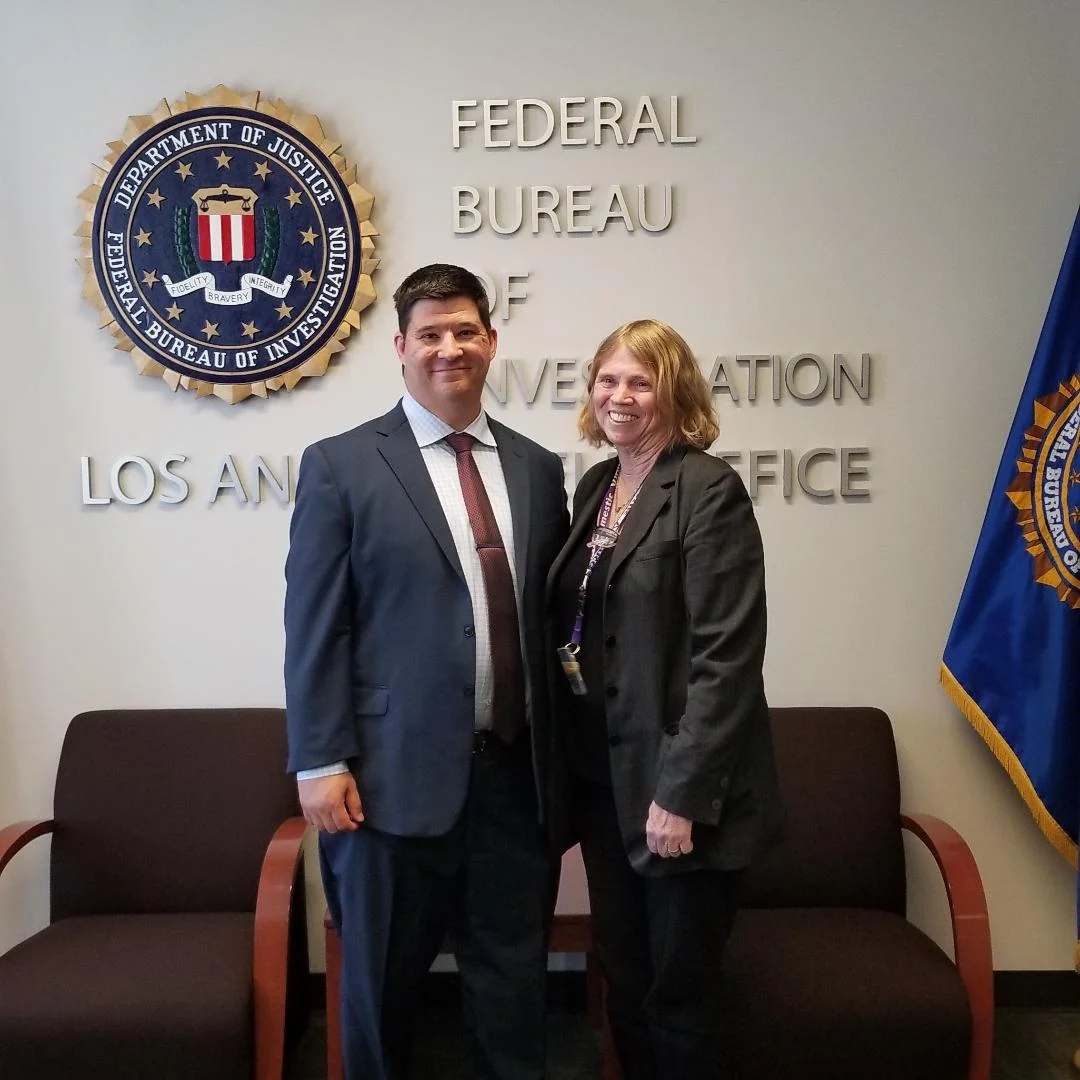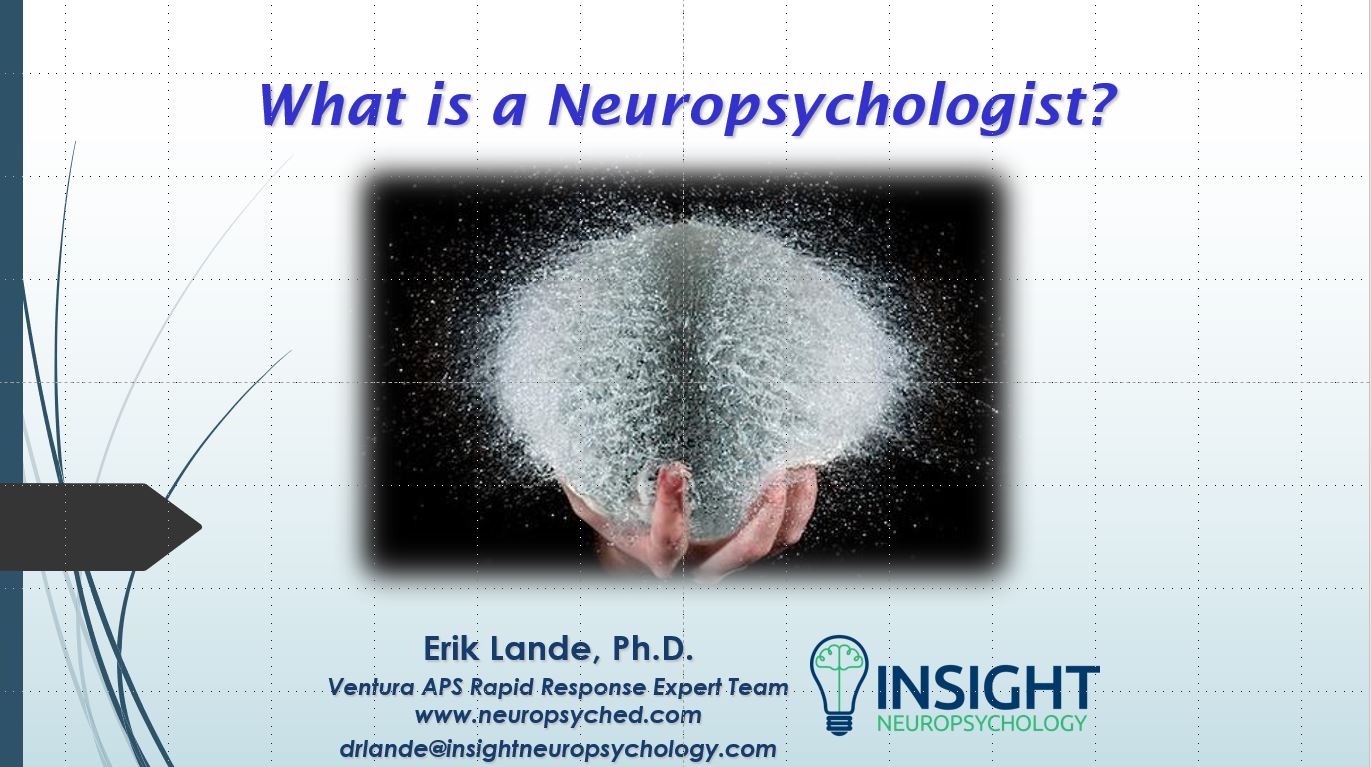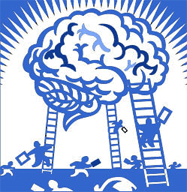So, it’s coming upon that time of year, when we are all supposed to be happy, relaxed, and of good cheer. There are a lot of wonderful things about the holidays, but there are also a lot of challenges. Now think about being a caregiver during the holidays to someone with impaired thinking, like someone with a brain injury or dementia. So let’s discuss how to keep the holidays workable and fun…
FIVE DEMENTIA SIGNS TO WATCH FOR OVER THE HOLIDAYS
Holidays are here and you will be seeing family you may not see that often. Dr. Duff from our practice has written a useful article on what to look out for in your loved ones when you visit.
Our Book on Dementia for Families is Out Now!
We are excited to announce that Dr. Lande’s and Dr. Duff’s new book ‘Does My Mom Have Dementia: How to Recognize and Deal with Dementia in Your Loved Ones’ is now available. It can be found on Amazon as an ebook or as a paperback. It will also be available soon as an audiobook.
Dementia is a frightening word. But what does it actually mean? What is the difference between dementia and simply getting old? It can be easy to become overwhelmed by jargon the doctor throws at you, and sometimes it feels easier to pretend nothing is happening.
Wouldn't it be less stressful if you had a roadmap to take you through the process of telling the difference between normal aging and dementia, working with medical providers, and coping with the diagnosis?
In 'Does My Mom Have Dementia?' we provide this roadmap for you!
You will be able to answer:
What is Dementia?
How does it compare to normal aging?
What are the warning signs and what else could it be?
How do I talk to the doctor about it?
What doctors and procedures are involved?
What is the course of dementia?
How can I better help my loved one?
How do you prevent caregiver burnout?
This is not an academic book. We wrote this book in language that is clear and helpful. Anyone with an aging loved one in their lives can benefit from 'Does My Mom Have Dementia?'
"Does My Mom Have Dementia? is the compassionate, clear-headed and nuts-and-bolts guide that I wish I had before I began my caregiver journey."
-Jim Moens, Author and Caregiver
Scams Against the Elderly Are HUGE: Luckily Authorities Just Stopped One Large Romance Scam
Dr. Lande and FBI Victim Specialist Debbie Deem
As part of my practice I consult with and provide training to various law enforcement groups on elder abuse. Last week I provided a training for the FBI. One of the main topics I cover is victimization of seniors by mass market scams.
We have all received such solicitations. A computer phone call stating that we owe the IRS, or an email from a member of the Nigerian government who needs help smuggling money out of the country and knows that you would be the perfect person to assist, or perhaps that too good to true connection on a dating website who just never quite seems available to meet in person.
These scams work by convincing us to use emotional reasoning, rather than logical reasoning. They use visceral motivations like fear and greed, along with a sense of authority, to get us to respond. And they require urgency, so that we don’t have time to think about what we are doing.
Unfortunately, older adults are a prime target due to factors such as greater wealth concentration, loneliness, and some of the cognitive processing changes that occur as we age. Scams are a difficult crime to stop as they are cheap and easy to do, and are often based out of the country, making it hard for law enforcement to intervene.
Luckily, as you can read about in this story, Federal authorities were recently able to stop a large romance scam targeting women around the world, but with at least some of the perpetrators based in the US.
Education and awareness is often one of the best ways to prevent yourself and your loved ones from falling victim. Remember, if anyone is demanding an immediate payment, especially with any type of gift card, it is probably a scam.
Remember, you can contact law enforcement if victimized by these scams and it is important to report them. A good place to report them is the FBI’s Internet Crime Complaint Center. Sometimes, if you are quick enough it is even possible to get your or your loved one’s money back.
For a free video on the aging brain and scams, click the button below. There is also a button linking to a recent article I wrote on mass market scams.
Want to talk about these issues in person? Please feel free to reach out to us at Insightneuropsych.com.
Insight Neuropsychology Now Has a YOUTUBE Page!
We are excited to announce that we have started a YOUTUBE page to provide videos on different subjects. Over the years attendees at our trainings have asked for videos of talks, and we were finally able to set it up.
We hope you enjoy. Feel free to comment or ask for videos any any particular topic. Here is the link.
Common anticholinergic medications taken by older adults are linked to almost 50% increased risk of dementia
People often don’t consider the significant effects their medications can have on thinking skills. This study discusses how some common medications, when used by older adults for three years, seem linked to a 50% increased chance of developing dementia (major neurocognitive impairment). For more on the study, click here.
Always make sure you discuss your medications with your physician.
Atrial fibrillation linked to an increased risk of dementia: study
A large new study out from Korea found that people with atrial fibrillation (irregular heartbeat) are at increased risk for dementia (major neurocognitive disorder). Atrial fibrillation does place people at risk of stroke, but this study found increased risk even for those who don’t suffer a stroke. There is a 50% increased risk of dementia.
This does make sense as we know that cerebrovascular disease worsens dementia. They have even coined a term, mixed dementia, to describe people experiencing conditions like Alzheimer’s disease along with cerebrovascular disease. Key point here to remember that getting appropriate vascular care matters and things like cardiovascular exercise and a healthy diet really do matter.
If you would like to read more of the article, here is the link…
What is Dementia AKA Major Neurocognitive Disorder?
Do you remember when we used to talk about going senile?
Have you noticed it doesn’t pop up much anymore?
There is a reason for this. Many people believe that as we get older our mental faculties – our memory and thinking skills – start to decline. Even the medical field believed this. The medical diagnosis for this was “Senile Dementia,” and it literally meant mental deterioration that comes with aging.
Now though, we know this isn’t really accurate. Although there are some changes in our thinking abilities, usually related to being slower and less efficient, we now know that dementia is not part of healthy aging.
Two things give this away. We have identified many of the conditions that cause dementia, and we have identified people, sometimes called super-agers, who don’t show a significant decline as they age. One of the innovative studies that explored this was the “Nun Study” by Dr. David Snowdon. They examined almost 700 elderly nuns over 15 years, including cognitive testing, gene studies, and even information from early in their lives by studying autobiographical essays they wrote in their 20s. If you would like to learn a little more, check out Dr. Snowdon’s book. You can click on the photo to reach it.
So What is Dementia?
Nowadays, when doctors use the term dementia, it is meant as a description of a person’s functioning. Dementia describes a person’s current level of thinking and functioning. It is not the cause of that level of functioning, it is simply describing it.
It means that a person is showing a significant decline in thinking skills (like memory or language functions) often measured by neuropsychological assessments such as those I conduct (look here to learn more about the testing process), and the deficits are significant enough that they are also causing limitations in a person’s functional skills, their daily life. In a few paragraphs we will talk about causes of dementia, and how these can result in different types of symptoms and challenges.
Besides just the label of dementia, we try often try to give more descriptive labels that describe how significant the impairment is. So a person might have early dementia, where they may show a little tendency to get lost when driving or to have trouble remembering to pay bills. Or perhaps moderate dementia, which tends to marked by disorientation to date or address, or difficulty remembering the names of grandchildren.
I mentioned in the previous paragraph that there are different causes or types of dementia, but they all tend to be similar in the end. We describe severe dementia as loss of the ability to communicate and requiring complex care.
If you are interested in learning more about these labels, look into some of the scales used to classify dementia, like the Global Deterioration Scale or the CDR (Clinical Dementia Rating) check them out here (https://www.dementiacarecentral.com/aboutdementia/facts/stages/).
You might have noticed in the graphic above, there is another term I haven’t yet identified, Mild Cognitive Impairment. This term, like dementia, is a description of functioning, rather than a disease. It indicates that a person has obvious new impairment on cognitive tests, but is not yet showing any decline in daily functioning. It is considered a red flag for possible future dementia, so it identifies patients that physicians should monitor.
Want to talk about these issues in person? Please feel free to reach out to us at Insightneuropsych.com.
One last point on terminology.
Recently the DSM, which is the diagnostic manual for mental health professionals, put out a new edition that has changed the terminology. Now they the use the terms Major Neurocognitive Disorder, which is equivalent to dementia and Mild Neurocognitive Disorder, which is equivalent to Mild Neurocognitive Disorder. While I prefer to use dementia as it is term that is easily recognized and understood, I do think the change to Mild Neurocognitive Disorder helps, as Mild Cognitive Impairment was just too generic and confused people.
Are Alzheimer’s and Dementia The Same Thing?
Auguste Deter, first person diagnosed with Alzheimer's disease
This is a common question we get in our practice. People want to know if they are the same, or if it is better to have one or the other. So let’s clarify this by discussing the causes and types of dementia. Alzheimer’s disease is a disease process causing deterioration and death of neurons in the brain. It eventually leads to dementia (though there is some recent evidence that the condition is present long before we realize it…) and is in fact the most common cause of dementia. This tends to be the one that everybody thinks about and is our stereotype of dementia. Alzheimer’s disease is the dementia associated with loss of memory and language skills. It starts in the temporal lobe of the brain, which happens to be the part of the brain very responsible for memory formation and processing of language.
While Alzheimer’s disease is a common form of dementia, it is only one of many. Many of us remember the Mad Cow scare back in the 1980s. Well, that disease is a type of dementia, just a very rapid form. It kills within 1 year once the condition develops. It is called a spongiform encephalopathy. Here in the United States it was not quite as much of a scare as it was in Europe, but we do have a similar condition that occurs here in Elk. It is called wasting illness. It can spread to humans through hunting. Unfortunately, the elk that is easy to shoot is sometimes the sick one wandering in circles. Cooking the meat does not remove the pathogen that leads to the brain damage and dementia.
Mad Cow disease is a rare form of dementia and Alzheimer’s disease is a very common form. Other types of dementia you might hear of include vascular dementia, Parkinson’s dementia, and Lewy body dementia, among others. Vascular dementia is related to damage in the blood vessels in the brain. Due to damage to the blood vessels the brain cannot get enough oxygen or energy in the affected areas. Whereas Parkinson’s dementia is related to impaired neurons that stop producing enough of the neurotransmitter dopamine. It initially causes movement problems, but some people will develop cognitive impairment and dementia. Lewy body dementia is one that we are only recently becoming more aware of. In the past it might have just been seen as an atypical Alzheimer’s dementia. Now though it is seen as almost a mix of Alzheimer’s and Parkinson’s features. It is marked especially by variability in cognitive skills, with good and bad periods, and also a tendency to have visual hallucinations.
Contemplating dementia can be frightening, but it is important to remember that there are things you can do, both to try and stave it off, but also to help yourself or your loved one if it is present. Feel free to look over the blog archives for ideas on keeping your brain strong, or feel free to reach out to us at Insightneuropsych.com. We are happy to answer questions and we provide comprehensive evaluations to determine if dementia is present and to figure out how to help and support dementia sufferers.
Interested in Learning More?
Need an Assessment?
At Insight Neuropsychology we provide personalized assessment and treatment services to promote cognitive health and well-being. We help you learn about how your brain is functioning, as INSIGHT is the first step in improving your mental functions.
Our neuropsychologists have served Ventura and Santa Barbara Counties since 2003. We have experience working in hospital settings, with universities, and with neurology and other medical specialties.
2 Talks for the Public in March - On Conservatorship and on Downsizing as We Age
When Conservatorship is a Good Idea
by Christopher P. Young, ESQ and Erik Lande, Ph.D.
Will present the legal and the psychological perspectives of conservatorship.
As part of the Ventura County Adult Abuse Prevention Council Series
Cost: $12 per person, which includes lunch
Tuesday March 19th at 11:30 AM.
At Pacifica Senior Living Oxnard - 2211 E. Gonzales Rd., Oxnard, CA 93036
Please RSVP: info@VCAAPC.org
Downsizing: Staying or Moving
Sponsored by the Camarillo Council on Aging, Dr. Lande will be part of a panel discussing the physical aspects of downsizing and moving to a smaller home, as well as the emotional impact and what resources are available to help coping when making such a transition.
Free to the Public, and sponsored by the Camarillo Council on Aging.
Thursday, March 28, 2019 at 10 AM in the community room of the Camarillo Library
Can a Neuropsychological Assessment Help?
Something on Your Mind?
It can be easy to feel like something is wrong with your brain, or a loved one’s.
Perhaps you can’t get your life organized, and a friend tells you to investigate ADHD. Or perhaps you worry that a recent time when you just couldn’t think of a word might have been an early sign of dementia. Perhaps a loved one has had a brain injury, but you are not sure how it is has really affected them. You just know they are not the same.
This Is Where Neuropsychology Comes In
Neuropsychology is the study of how our brain relates to our behavior. As neuropsychologists we study a person’s thinking skills and behavior to determine if there is something to these worries. We explore a person’s strengths and weaknesses to help them gain insight about their brain. The goal is to help protect it, strengthen it, and thrive.
How Neuropsychology Works
You may have seen one of phrenology models before. Unfortunately, it’s not this simple.
One of the best ways to learn how your brain is functioning is to see a neuropsychologist. A clinical neuropsychologist is a licensed psychologist who has obtained further training and specialization in brain functioning, allowing us to better understand and treat conditions that involve both the brain and behavior.
We conduct testing to determine an individual’s pattern of strengths and weaknesses in attention and concentration, learning and memory, language skills, and judgment and reasoning and other cognitive skills. The tests are noninvasive and mostly verbal or paper and pencil. A subject might be asked to solve puzzles or remember a story. Neuropsychological testing does not involve needles or cause hurt or discomfort. Depending on your condition we may or may not use computer-based tests.
Once you finish testing, we compare the results to your peers, other people of your age and education. We call this data norms, or normative data, and it lets us see how your performance relates to everybody else. Yes, your brain slows down a bit as you age, but that doesn’t mean you have dementia. We compare you to other people your age for that reason. This can help us understand how you learn and identify the types of problems that are holding you back. Analysis of your patterns of performance, along with consideration of medical history and life story can help us understand what is occurring, including what your condition is or what might be holding you back.
Then we get to the important part.
Assessment is just one piece of the process, even if it is the part that everyone thinks about when they think of neuropsychological assessment. Once we assess you, we make recommendations to help you. Good recommendations should be thorough and wide-ranging. We might teach you some new ways of learning or remembering information, or we might suggest breathing techniques that can help overcome test-taking anxiety. We will make recommendations about further education and support for you and family members, and we will discuss how you can adapt your environment to be more efficient and successful. One hint, if you make a place where you always leave your keys or purse, like a bowl on your dresser, you are going to be a lot less likely to lose them. Think an assessment might help you or someone you know, feel free to contact us at insightneuropsych.com today and learn how we can help!
How
Neuropsychology
Helps
1. Neuropsychological assessment is the best way to measure how your brain’s functioning affects YOU. Although MRIs and other brain scans are important, none examine a person’s actual thinking abilities.
2. Neuropsychological assessment determines what abilities are truly impaired, by using standardized tests to compare your actual performance to your peers. It is also the most systematic method for monitoring a person’s condition over time to determine if treatment changes are needed.
3. Neuropsychological assessment assists diagnosis, by identifying patters of performance that are characteristic of certain conditions. It also detects subtle impairments that can cause later problems as people return to their regular activities. This can help target problems that still need to be worked on.
4. Neuropsychological assessment provides treatment recommendations that are tailored to you to help you be more successful. The goal is to help you improve weaknesses or better compensate for them.
When Should Neuropsychological Assessment Be Sought?
If you struggle with concentration or memory or it has held you back at times, an assessment may help to clarify the issues and suggest how you can address them.
If you notice a change in mental functions (such as memory, reasoning, or attention) in yourself or someone else that is affecting the person’s ability functional skills (like forgetting to pay bills or how to use a cell phone), it is time to seek an evaluation to clarify and confirm the difficulties.
It is especially important in the first few months following a brain illness or injury, as treatment is most effective when it occurs soon after the change in functioning.
Interested in Learning More, or Want an Assessment?
At Insight Neuropsychology we provide personalized assessment and treatment services to promote cognitive health and well-being. We help you learn about how your brain is functioning, as INSIGHT is the first step in improving your mental functions.
Our psychologists have served Ventura and Santa Barbara Counties since 2003. We have experience working in hospital settings, with school settings from elementary to university, and with neurology and other medical specialties.
